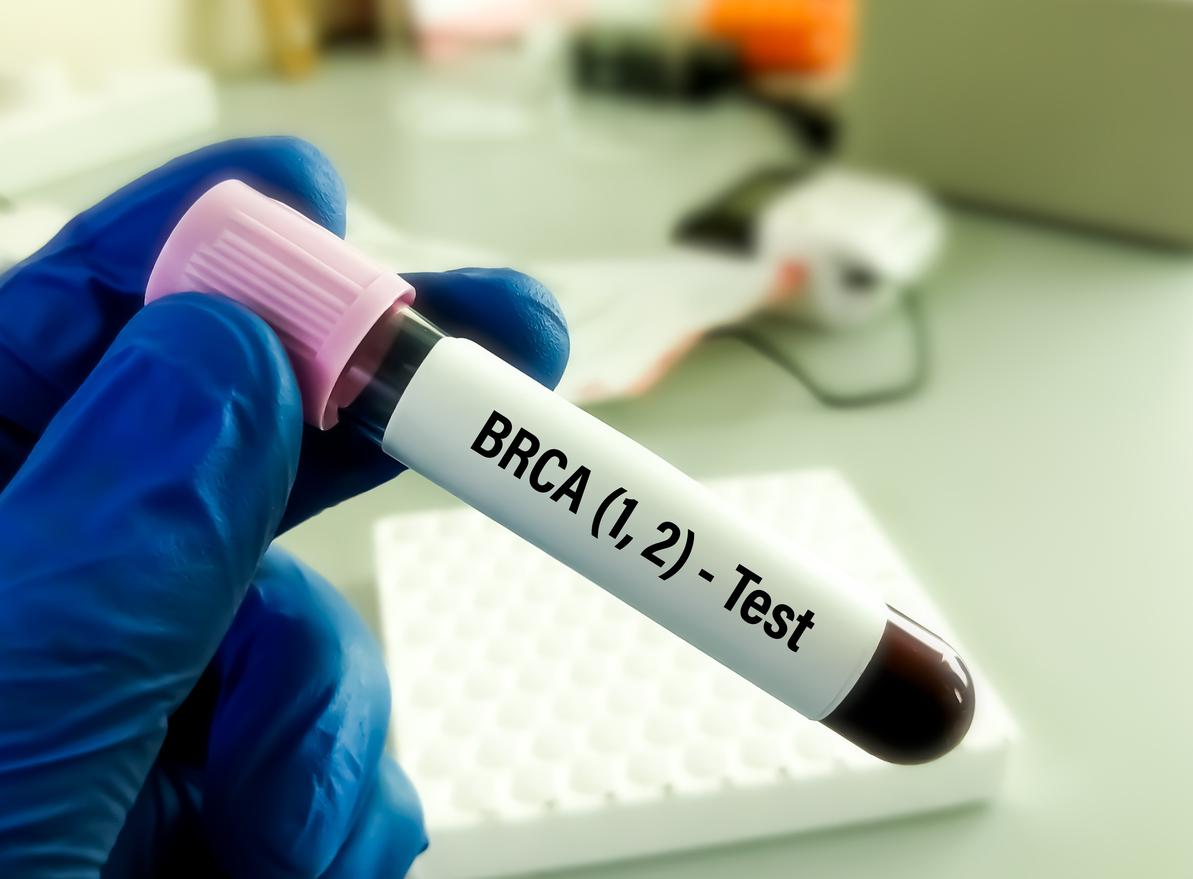Defective variations in the BRCA2 gene, associated with the risk of breast, ovarian and prostate cancer, are thought to have originated in Scotland as early as the 1700s.

- A mutation in the BRCA2 gene is associated with a higher risk of breast, ovarian and prostate cancer.
- Scottish researchers have found the origin of this mutation in an archipelago: it dates back to the 18th century.
- This discovery could improve the screening of these different cancers.
Genetics can span the ages. In a study published in MedRxivresearchers from the University of Edinburgh say they have found traces of a genetic mutation associated with certain cancers since the 18th century. Called c.517-2A>G, the genetic variation affects the BRCA2 gene. Carriers are at higher risk of breast, ovarian and prostate cancer.
A genetic mutation six times more frequent
This study was based on an observation by Scottish scientists: they noticed that several families from the Shetland archipelago, in the north of the country, were carriers of this variant. They conducted a large genetic study, called VIKING I, which allowed them to understand that this mutation was very common, but also that almost all carriers had ancestors on the island of Whalsay. Located in the east of the archipelago, it has a population of around a thousand.Our research found that one in 40 people with four grandparents from Whalsay, one of the Shetland Islands, share the same BRCA2 gene variant, do they develop in a communicated. (…) It is six times more common in Whalsay descendants than BRCA1 and BRCA2 gene variants in the UK mainland population.”
BRCA2 gene: a mutation present for 300 years?
According to their analysis, it is likely that this mutation arrived on the island, by one of the “founding individuals”more than 300 years ago, during the 18th century. Jim Wilson, professor at the University of Edinburgh and director of this study, believes that “This variant of BRCA 2 at Whalsay appeared before 1750″ in an article of the BBC. “Many people are descended from a couple quite far back in time and if they had a variant of cancer, then a significant number of people today, five or even ten generations later, will have it too.”
A screening program linked to these genetic discoveries
This study into BRCA2 genetic variations will have many implications for screening. Free testing is now available to people who have a grandparent from the Isle of Whalsay and who have had breast, prostate or ovarian cancer, or if a close relative has.We know that testing and proper monitoring can save livesrecalls Zosia Miedzybrodzka, professor of medical genetics at the University of Aberdeen and director of the NHS genetics service in the north of Scotland, in a communicated. Many people are unaware that they carry a genetic variation. Relatives of people carrying the BRCA2 variant are encouraged to consider screening.”
For women, breast screening is performed by MRI, and in cases of high risk, preventive surgeries can be performed on the breasts and ovaries. For men, it is advisable to perform blood tests to assess the level of PSA, a protein associated with prostate cancer, from the age of 40 in the case of a BRCA2 mutation.

















